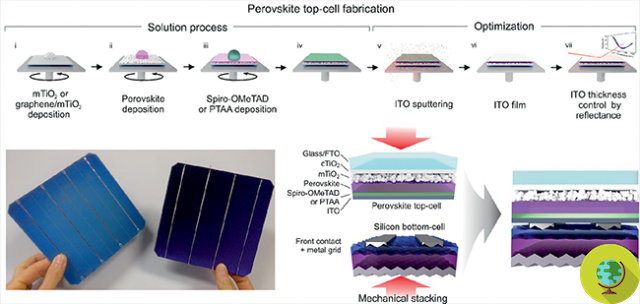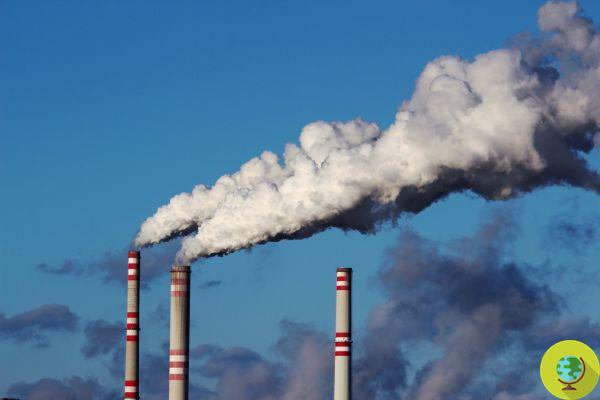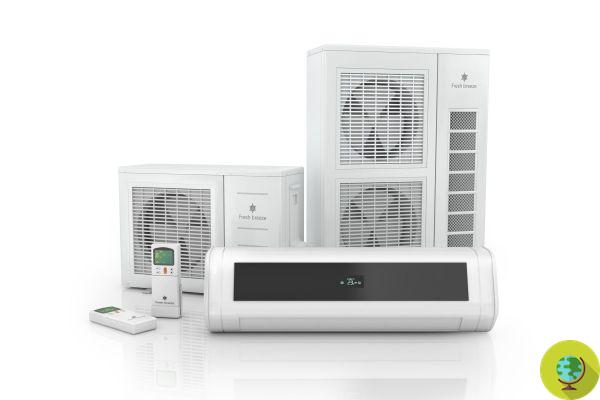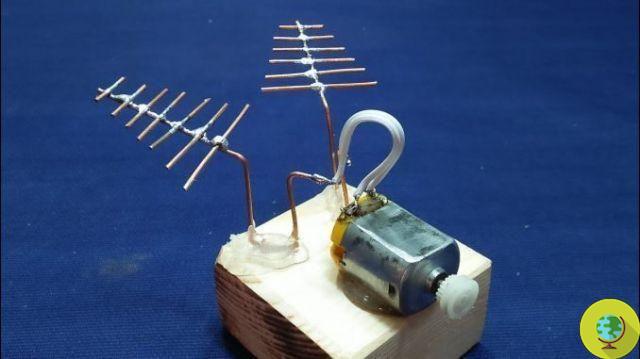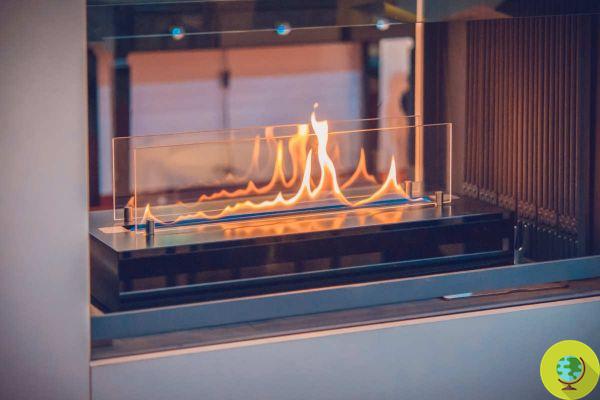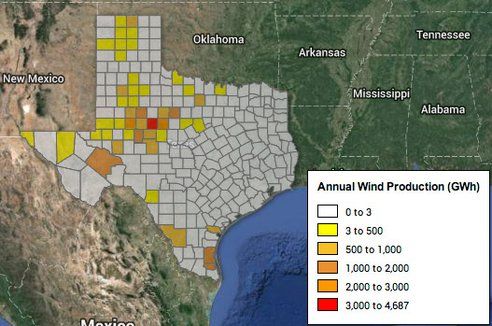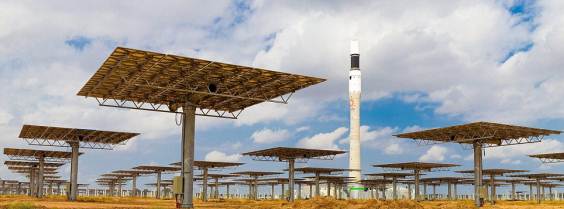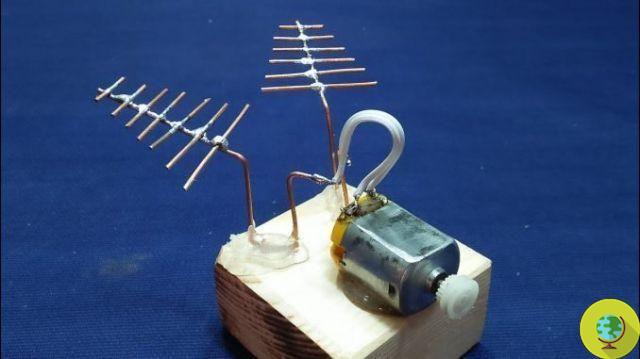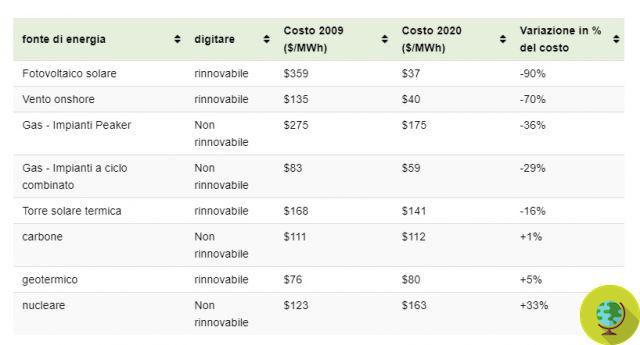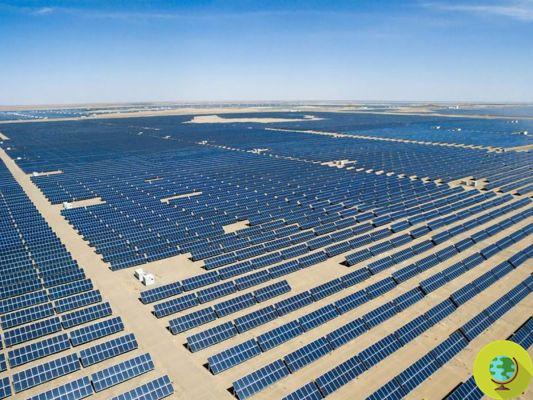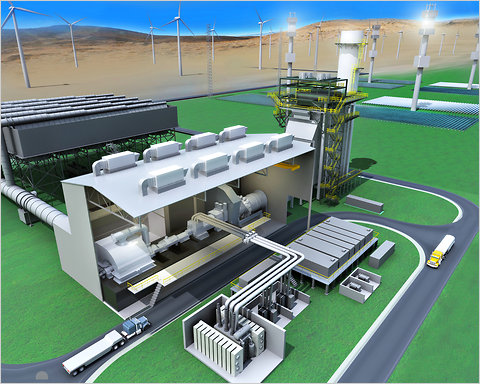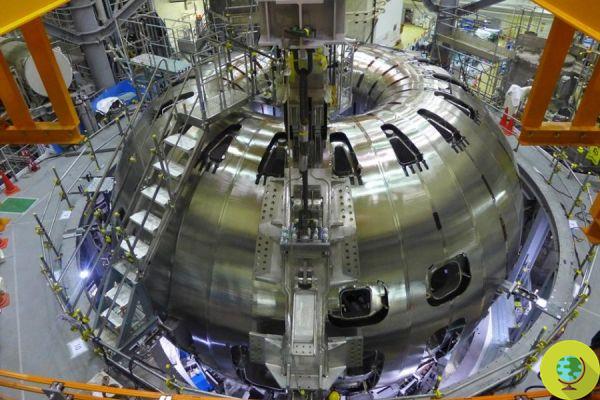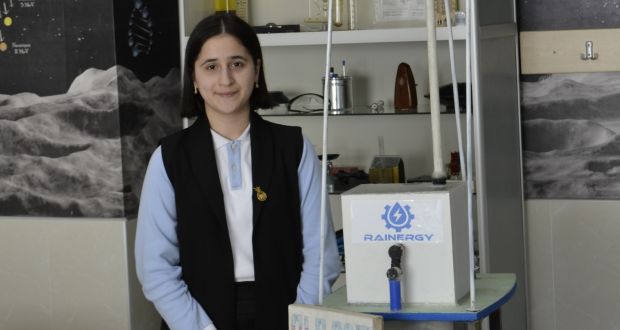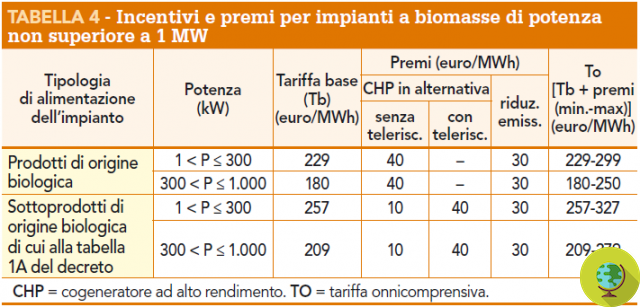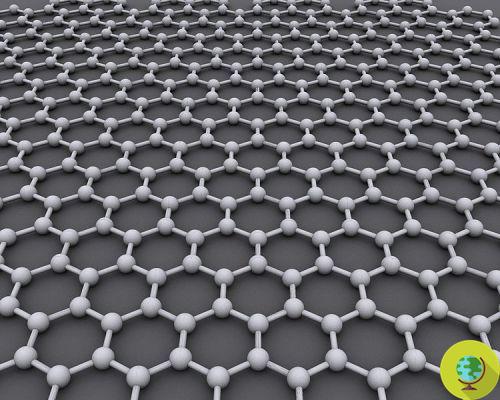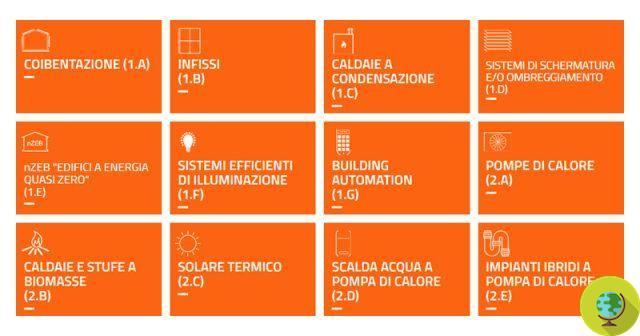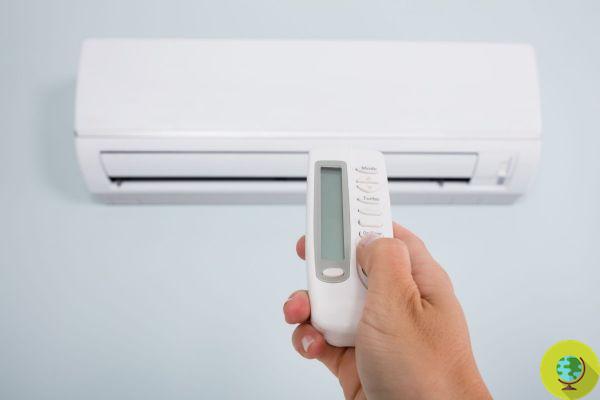
Summer is almost upon us, but be careful not to make this mistake to find refreshment on the hottest days: it could turn your energy bill into a real drain!
He is about to end up run over, his mother saves him
The increasingly widespread use of air conditioners for cooling apartments and offices is a determining factor in global greenhouse gas emissions and tends to create a vicious circle from which it is very difficult to escape: the higher the temperatures, the more recourse to air conditioners will be frequent, which will release polluting emissions into the atmosphere which will further increase temperatures.
Not to mention the economic costs associated with the use of air conditioning systems: air conditioners are in fact household appliances that require massive amounts of electricity to function, and the increase in energy costs triggered by the recent conflict in Ukraine does not make than further burdening the family budget.
But there may be a solution alternative to the air conditioner that it is less energy-intensive and polluting but equally effective in countering the heat? The answer is yes, and it is found in an appliance that was very fashionable until a few years ago but which has been somewhat overshadowed by the advent of air conditioners: the ceiling fan.
The simple movement of air inside the rooms, in fact, can contribute to increasing the temperature threshold at which it is necessary to activate the air conditioning to maintain what the experts define. thermal comfort - or the temperature at which our body is able to resist and carry out activities.
A study published in the Lancet magazine tries to estimate the savings in terms of energy demand and greenhouse gas emissions of turning on the air conditioning only once a certain threshold of discomfort is exceeded even with the fan. In practice, turning on the air conditioning only when you can no longer resist with the fan on, would save both on the bill and on the environment. How much?
The saving in using the fan compared to the air conditioner is above all economic and energy: moving the air already present in a room with an electric fan requires about 30 times less energy than activating an air conditioning system - a nice saving in the bill at the end of the month!
(Read also: From May 1st limit on temperatures that can be reached by air conditioners and radiators, but who controls?)
But it is not only the different energy needs of the two systems that are solely responsible for the savings in the bill, the way of operating and cooling the rooms also plays a role in reducing energy consumption: the fans of the fan generate fast movements of the air which they affect the surface of our skin, raising the convective heat transfer coefficient.
What does this mean? That, due to the mechanical displacement of the air, on the skin we will feel a sensation of coolness even in the presence of warmer temperatures - not unlike what happens when we move the air with a fan to feel cooler: the air temperature it is still the same, but the surface of the skin will lose convective heat.
On the contrary, to feel the cooling benefits of the air conditioner (which in fact does not produce wind currents) we must necessarily go down to lower temperatures, thus consuming more energy and releasing a more consistent dose of polluting emissions into the environment.
Follow your Telegram | Instagram | Facebook | TikTok | Youtube
Fonte: The Lancet
We also recommend:
- Time to clean your fan, the simple tricks to get rid of the dust
- That's why sleeping with the fan on may not be a good idea
- Are you okay with giving your dog ice cubes to cool him down?




